I’m in Love With Myself: The Age of Digital Narcissism
You're obsessed with your own social media profile—and so is everyone else.
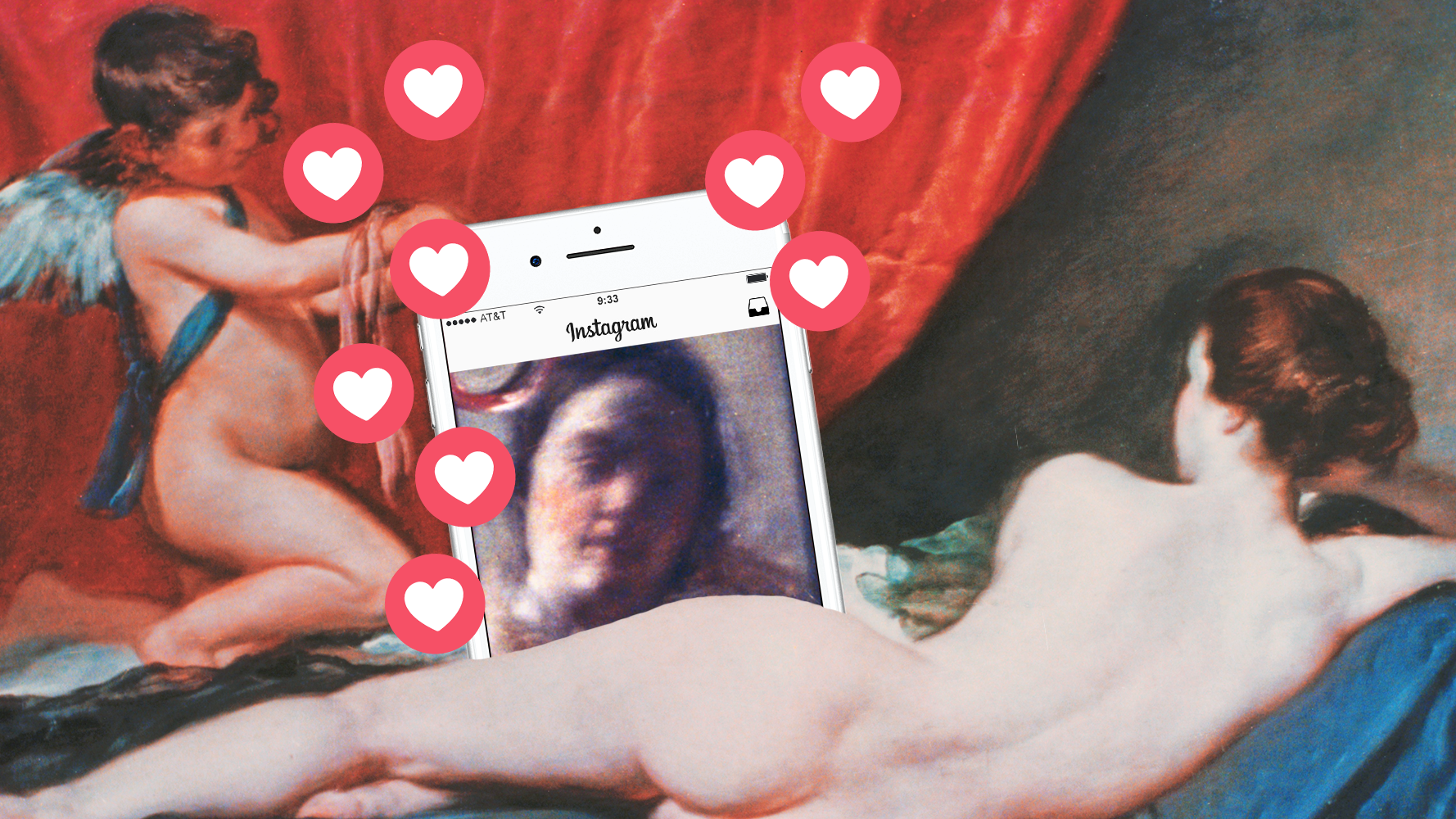

Yesterday, I crafted the perfect Instagram story: I snapped a few artfully angled photos, wrote some quippy captions, added the appropriate number of Boomerangs and emojis, and then I sat back and tapped through the whole thing, admiring my little movie. And then I watched it again, trying to view it as a third-party observer would, looking for flaws. And then, for good measure, I watched it again. And again. By the end of the day, I had flipped through my story almost a dozen times, perking up at each new comment and view count like a proud stage mom.
This admission should, in an ideal world, feel unrelatable and confusing, maybe even a little pitiful. You're probably throwing me some shade right now—oh my god, she’s so full of herself—but I'm willing to bet you've done the exact same thing, probably even today, maybe even in the time since you started reading this article. Because this is the age we live in now: the age of digital self-obsession. When we're not watching and reading posts by celebrities and friends and frenemies, we're spending our time fixating on ourselves, marveling at the online persona we've skillfully crafted for the world.
The difference today, though, is that now we’re so unabashedly proud of our self-absorption.
“What used to be thought of as narcissistic, vain, and self-centered behavior is now the guiding norm of society,” says Elias Aboujaoude, M.D., clinical professor of psychiatry and behavioral sciences at Stanford University and author of Virtually You: The Dangerous Powers of the E-Personality. “We’re living in an era where humans are putting forth these edited and inflated versions of their lives, this ‘idealized self,’ and then they are, quite literally, falling in love with themselves.”
RELATED STORIES
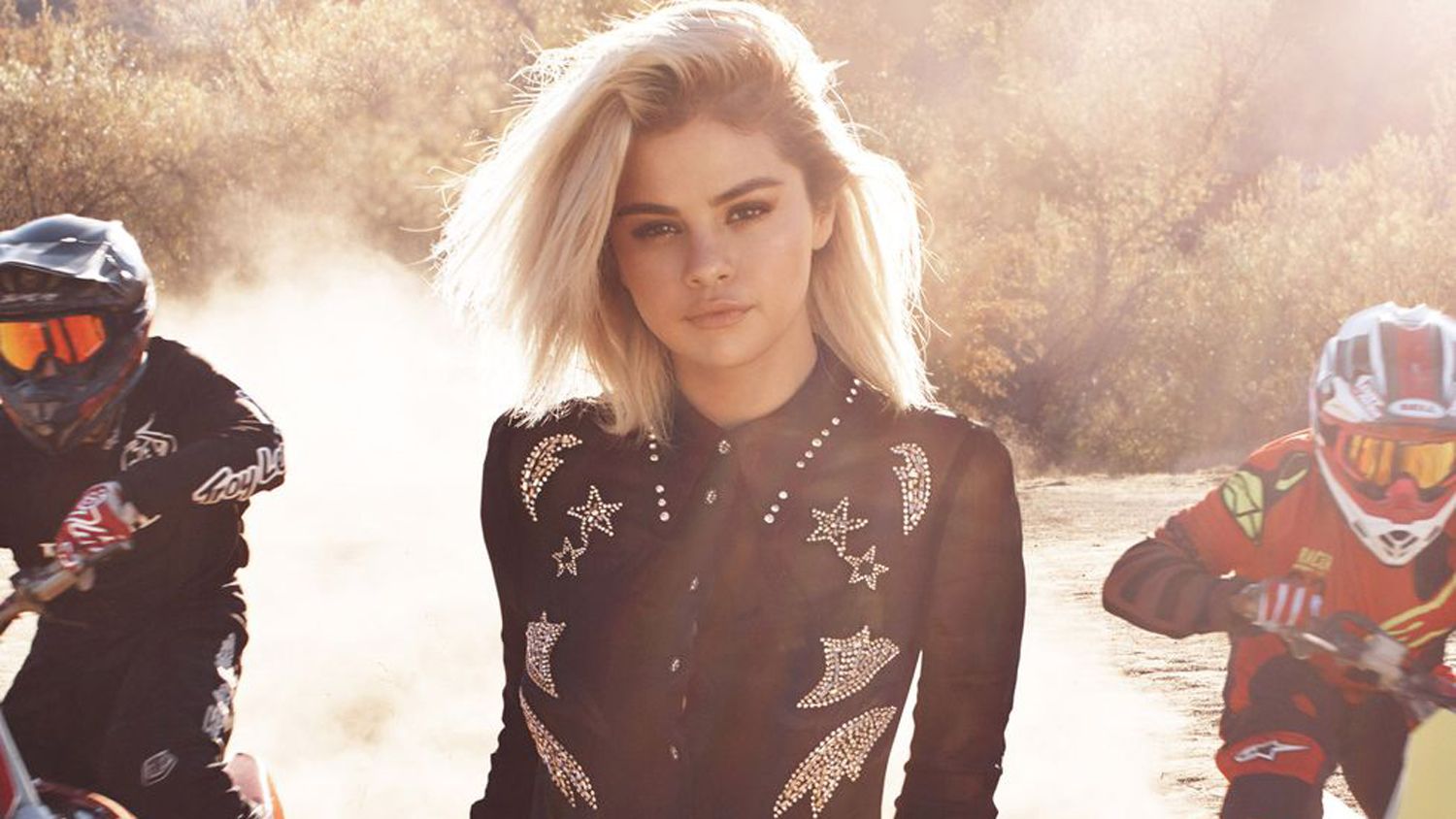

That’s not to say we’re all harboring a secret desire to take our Instagram profiles out on a hot date, but rather that we’re obsessing over our online personas as if we were actually in love. “This person, this you-but-not-you, seems sexier, healthier, and cooler, because they’re made up of only the good memories, and so you end up lusting after them because you admire how much more likable they are,” says Dr. Aboujaoude. Mix the rose-colored glasses with a bit of nostalgia (I look so happy in last year’s vacation photos) and ta-da—you’ve got a recipe for some weird, modern-day crushing.
Of course, vanity itself is nothing new (just ask Carly Simon). The difference today, though, is that now we’re so unabashedly proud of—or at least accustomed to—our own self-absorption. It's commonly accepted that whatever selfie makes it online will have first been cropped, filtered, and scrutinized to death, and that a significant chunk of your time will be spent gazing at your face afterward, waiting for the likes to roll in. “Even as we’re inwardly judging others for posting unrealistic content, we’re doing the exact same thing to varying degrees, curating an image of ourselves that we want people to see, while softening or omitting the stuff we’d rather keep hidden,” says Keith Campbell, Ph.D., professor of psychology at the University of Georgia and author of The Narcissism Epidemic.
But before you hate on your coworker for posting yet another Boomerang of herself blowing a kiss, know that her self-obsession isn’t really her fault. Or yours. Or mine. Because people today aren’t actually more narcissistic than previous generations (really—there are studies to prove it); they were just taught to look at themselves more from an early age.
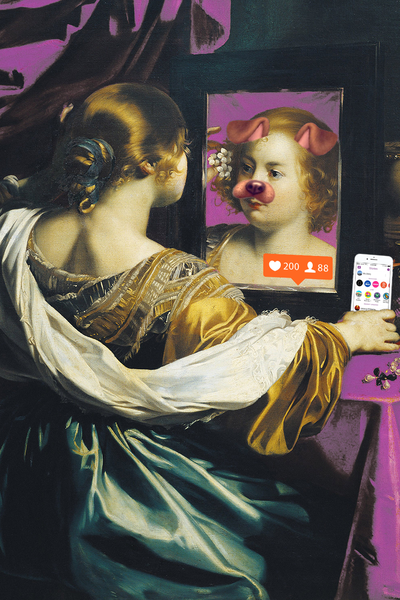
Not only have technological advances made it easier to stare at ourselves—lookin’ at you, front-facing camera phones—but celebrities have showed us that being in love with our alteregos can also bring us fame and fortune. “Vanity has become accepted, even applauded, thanks to regular people like Kim Kardashian getting famous for taking attractive selfies and looking good,” Dr. Campbell says. “It kind of democratized the industry and sent a message that normal people can achieve fame just by putting together the right look.”
Stay In The Know
Get exclusive access to fashion and beauty trends, hot-off-the-press celebrity news, and more.
We were, essentially, groomed to be a generation of self-obsessed humans looking for validation. And, when you examine the psychology behind the phenomenon, it makes sense as to why it became one so quickly. “People really crave social affirmation,” says Erin Vogel, Ph.D., a post-doctoral psychiatry fellow at the University of California, San Francisco. “When everyone around you has a strong social media presence, even if it’s clearly fake, it can create major internal anxiety,” she continues. “Crafting a persona that’s filled with only positive information—like an embellished Instagram profile or an exaggerated Snapchat story—will create a positive self-acceptance that’s very stabilizing and soothing.”
So what we end up showing the world is the version of ourselves we actually like, rather than the full picture of who we are. My reaction to hearing this statement was an immediate, “Gross; I don’t do that.” But then I realized I had Instagrammed my fancy breakfast that morning, but hadn’t included that I had such horrific, nauseating cramps that I ate none of it. I Snapped a selfie of my new lipstick, but I added a filter to hide my rosacea flare-up. And I absolutely did not Facebook Live my therapy session, though I made sure to post a picture of the New York skyline on my walk home.
“Your brain says, ‘Hey, I had a good day, and I’m a decent person.’”
And it’s in this quiet omission that we redefine and reshape our image into one that we’re proud of—one that we want to watch all the time. “You’re putting forth the highlight reel of your life, and when you tap through your Instagram story or scroll through your Facebook profile at the end of the day, you’re reliving the best moments of it,” says Dr. Campbell. “The stress is stripped down, you’re looking at yourself in the way you want other people to see you, and your brain says, ‘Hey, I had a good day, and I’m a decent person.’” The element of pride we feel isn’t narcissism, he notes, but instead a very normal, very basic need to feel good about ourselves.
Whereas fibbing in the real world can get you into trouble, fibbing in social media gets you likes, comments, followers, and, in some cases, fame. You know that your Facetuned waist and thighs are fake, and that your “candid” photo actually took 15 attempts, but any inklings of guilt are inevitably squashed by positive reinforcement. “We start to believe our own illusions on social media, because we see other people believing them, too,” says Dr. Vogel. “So not only are we falling in love with our online persona, but so are our followers, which creates this self-perpetuating cycle of validation.”
RELATED STORIES
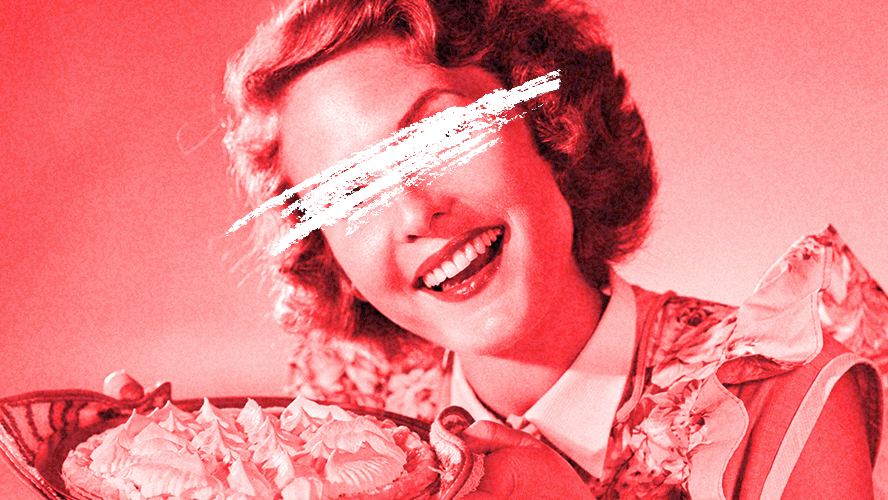
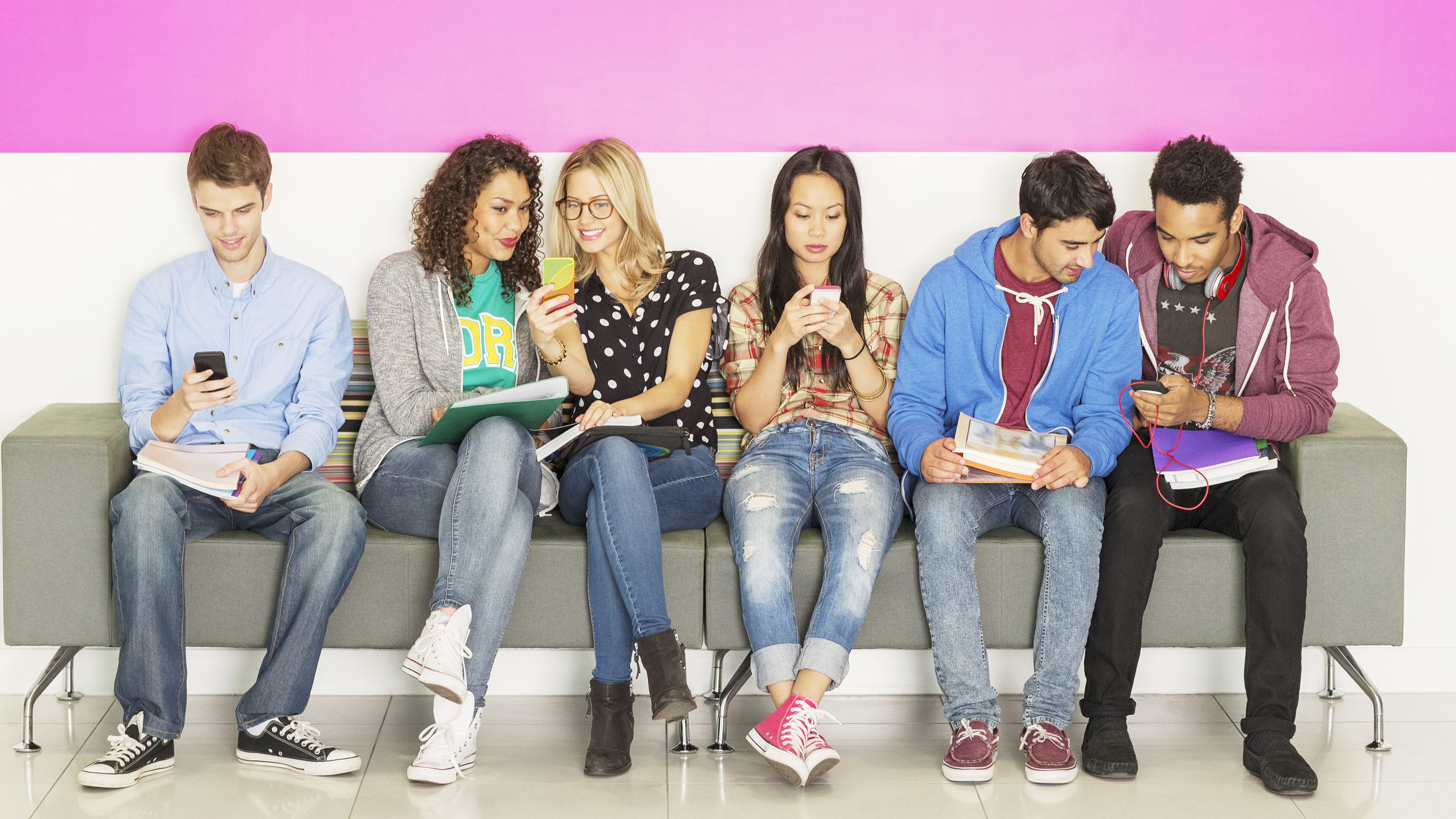
And if you’ve ever posted a photo that’s gotten hundreds of likes—and then posted one that received no attention at all—you know how painful that comedown is, and how addictive it can be to chase the high of approval once again. Though the neuroscience hasn’t officially been studied, every expert I spoke with agreed that there could be a level of addiction that comes with social media. “In terms of drugs, we know that the faster something reaches your brain, the more addicting it is, since it lights up your brain’s reward system so quickly,” says Dr. Vogel. “Social media engagement is instantaneous; you upload a photo, you get validation, you want more.”
Scroll through my own Instagram and you can see a clear delineation between when I didn’t care about my social media presence and when I definitely started to care: My photos went from poorly lit and silly, to crisp, white, minimalist—what the life of an editor “should” look like. In my Instagram life, everything is perfect. In my Instagram life, there are no 70-hour work weeks, or bouts of anxiety and crying jags, or grief, or loss, or sadness—there are only celebrity selfies, cookies, and lipstick. And who wouldn’t want to spend time reliving that happy Instagram life, especially in moments when real life is, well, sucking?
Of course, all this self-obsession is less than ideal. “When we lust over this person, this other ‘us,’ the end game is to believe this is who we really are,” says Dr. Aboujaoude. “But when something happens that reminds us that our real lives aren’t as rosy as our social media personas, it can be hard to accept. It can feel like you’re stuck living the worst version of your best life.”
To be successful today, you often have to have your own brand and a network of followers.
Not only does this lead to the obvious feelings of anxiety, depression, and stress, but it can cause an even greater desire to “escape into that idealized life,” as Dr. Aboujaoude puts it, by re-watching our highlights reel, chasing that high. If we’re not careful, we’ll find ourselves living in a perpetual state of nostalgia, which can only lead to more sadness. "Our brains didn’t evolve to know how to handle these technologies, so we don’t have a template for how to deal with this in a healthy balanced way,” he says.
Yet not one of the experts I spoke with suggested stopping social media, or even really stopping our current habit of stalking ourselves all day long—because it’s fully unrealistic to expect. “We’re all existing in a culture that has turned self-worth into a competitive, measureable unit that gets displayed to the world,” says Dr. Campbell. “To be successful today, you often have to have your own brand and a network of connections and followers, so of course you’re going to be invested in yourself; of course you’re going to do what you can for the likes and comments and followers, even if that means having a persona.”
“Just being aware of how these technologies are affecting you and then approaching them with a more informed and balanced mindset can really help,” says Dr. Aboujaoude. That awareness can be as simple as deleting Facetune from your phone, or only checking your Insta stories twice a day, not 20. “In the end, you just have to live your life,” he says, “and try to focus on the one that actually matters.” Which, in case you forgot, is the one that’s happening right now.

Chloe Metzger is the deputy beauty director at Cosmopolitan, overseeing the editorial content and growth strategy of the hair, makeup, and skin space on digital, while also obsessively writing about the best hair products for every hair type (curly girl here; whattup), and the skincare routines that really, truly work (follow her on Instagram to see behind-the-scenes pics of that magazine life). She brings nearly a decade of writing and editing expertise, and her work has appeared in Allure, Health, Fitness, Marie Claire, StyleCaster, and Parents. She also has an unhealthy adoration for Tom Hanks and would like to please meet him one day, if you could arrange that. Thanks.
-
 Underrated New Balance Sneakers Are Priyanka Chopra's Athleisure Hero
Underrated New Balance Sneakers Are Priyanka Chopra's Athleisure HeroThey're the star of her latest look.
By Kelsey Stiegman
-
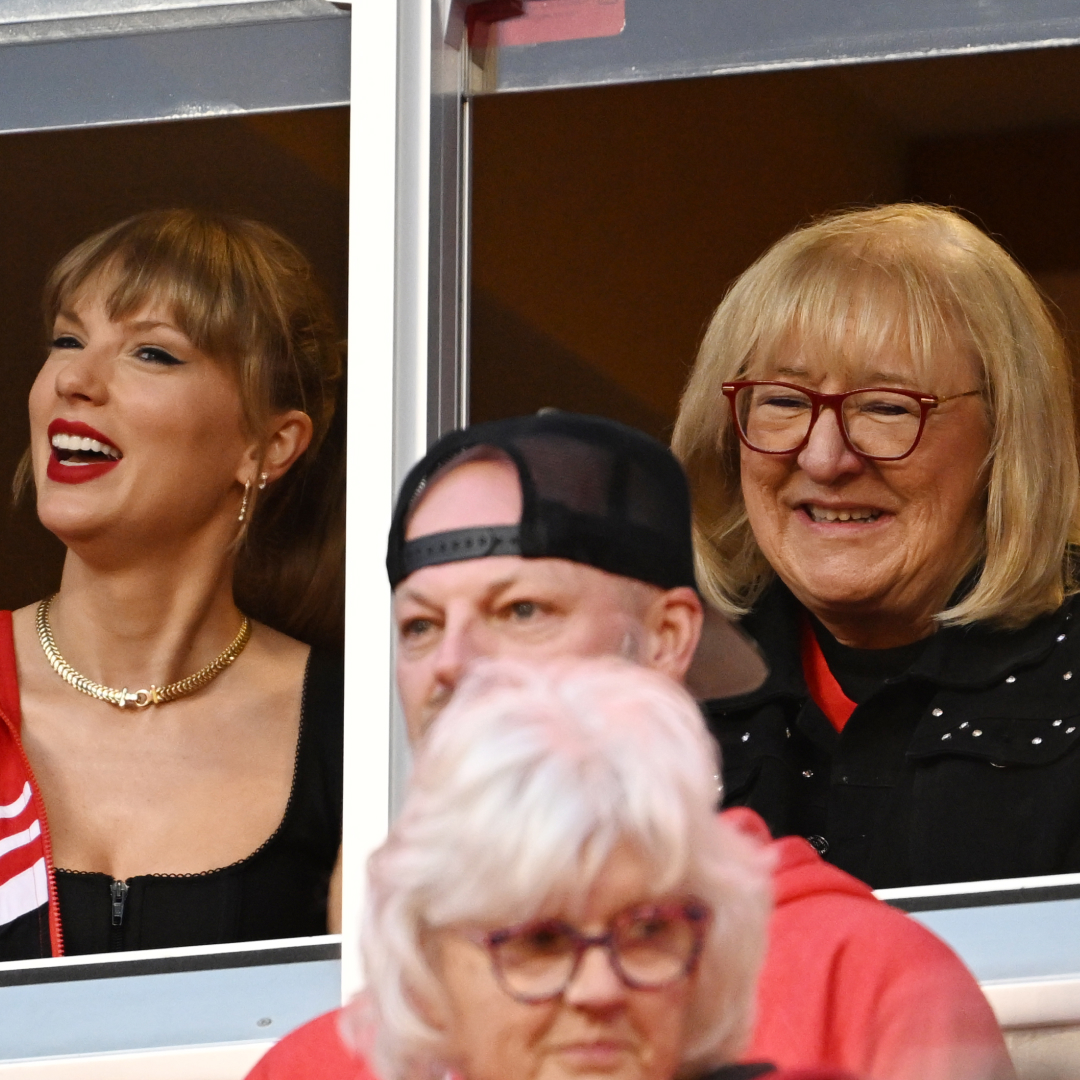 Travis Kelce's Mom Reportedly "Liked" a Comment About His Future as a Dad
Travis Kelce's Mom Reportedly "Liked" a Comment About His Future as a Dad...and then removed it.
By Lia Beck
-
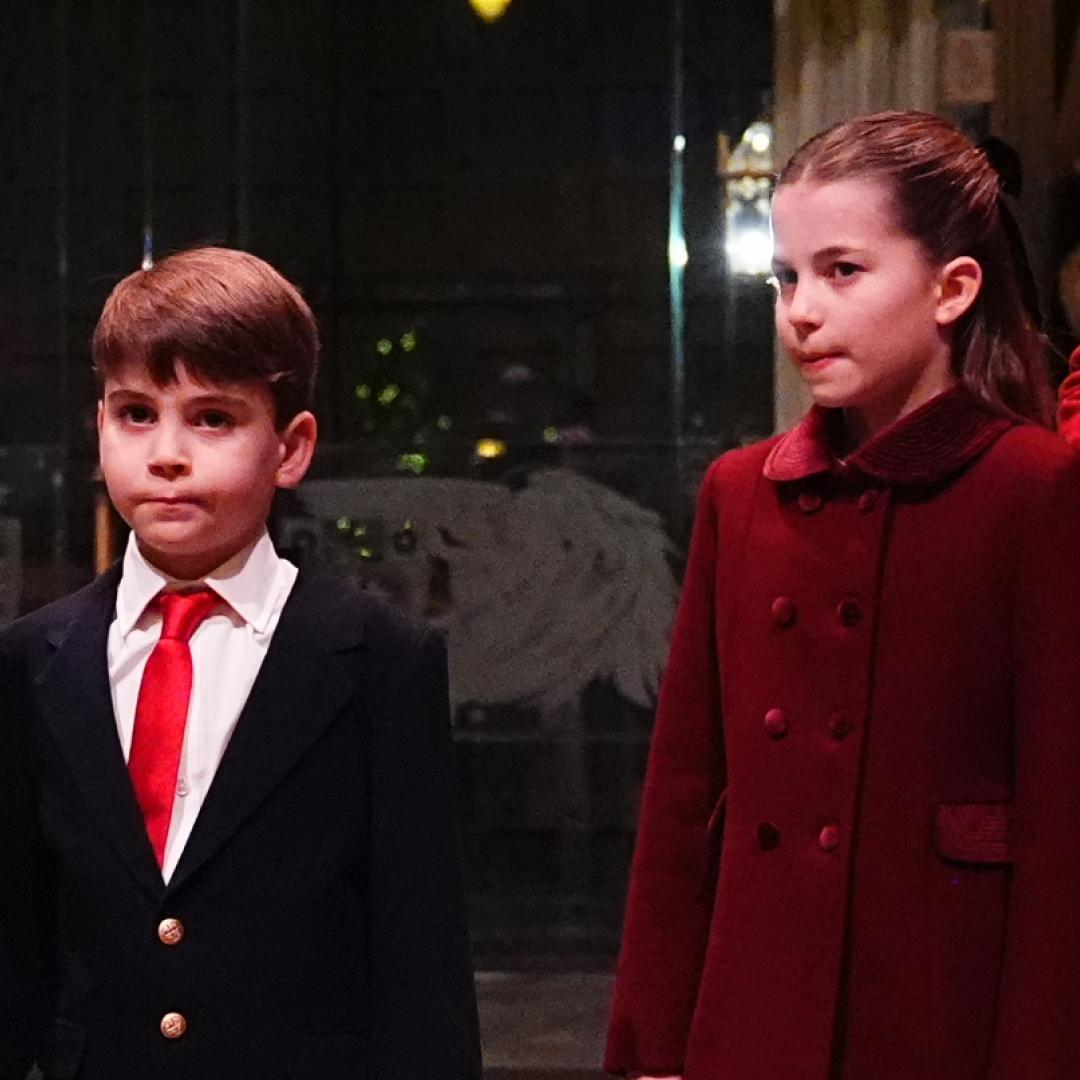 Prince Louis Will Soon Be Allowed a Special Privilege That Prince George and Princess Charlotte Already Have
Prince Louis Will Soon Be Allowed a Special Privilege That Prince George and Princess Charlotte Already HaveThe youngest Wales child will turn 7 on April 23.
By Kristin Contino
-
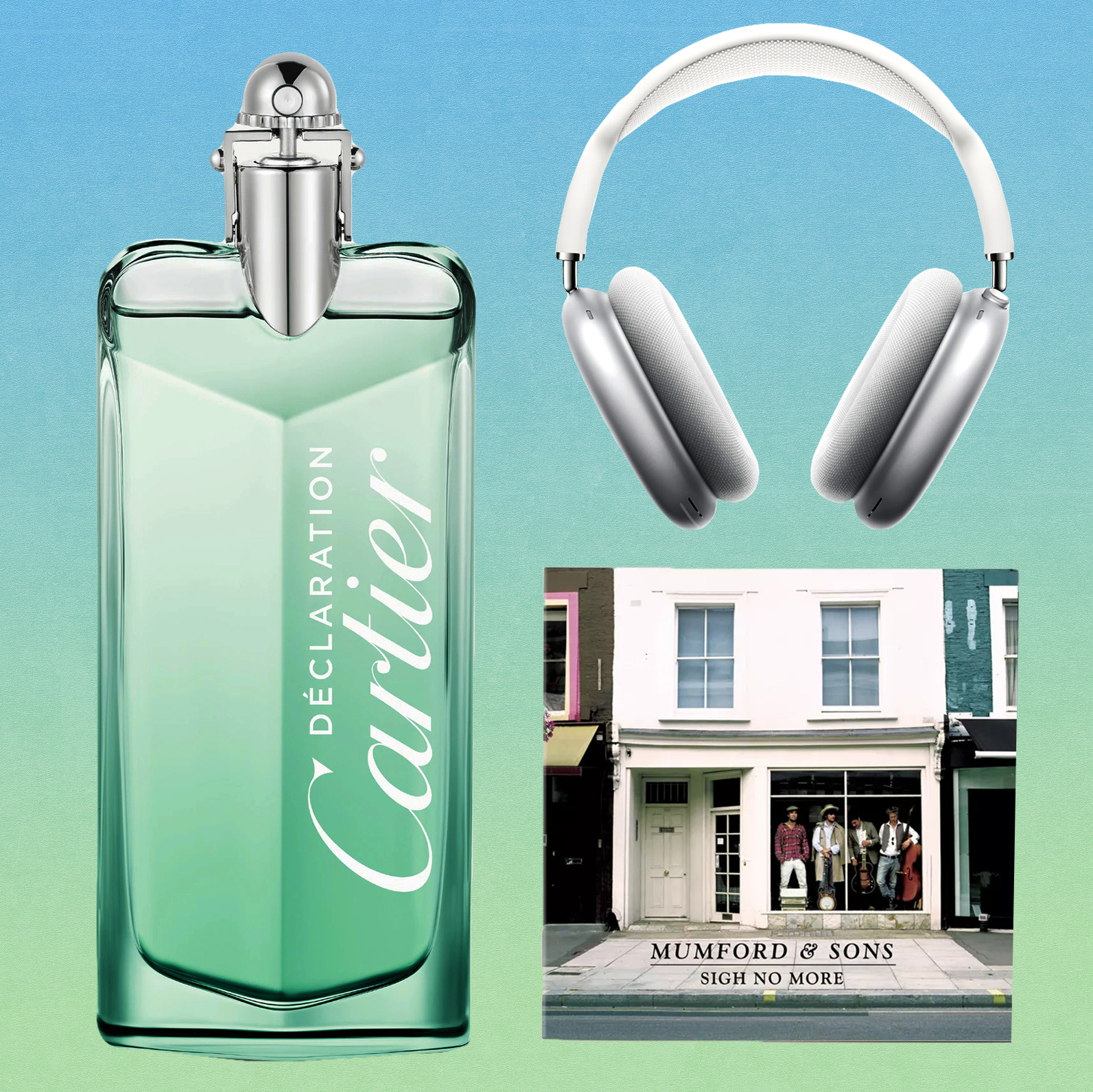 48 Last-Minute Father's Day Gifts to Scoop Up
48 Last-Minute Father's Day Gifts to Scoop UpHe'll never even know you left it until now.
By Rachel Epstein
-
 So, Are Emma and Micah From 'Selling Sunset' Together Now?
So, Are Emma and Micah From 'Selling Sunset' Together Now?The property developer and the 'Selling Sunset' newbie hit it off in the show's fifth season.
By The Editors
-
 The 13 Best Virtual Date Night Ideas
The 13 Best Virtual Date Night IdeasWhether you're on your first date with them or your hundredth.
By Bianca Rodriguez
-
 Aly Raisman on Body Positivity and Detoxing From Social Media
Aly Raisman on Body Positivity and Detoxing From Social MediaThe athlete opens up about overcoming insecurities and creating safe spaces on the internet.
By Gabrielle Ulubay
-
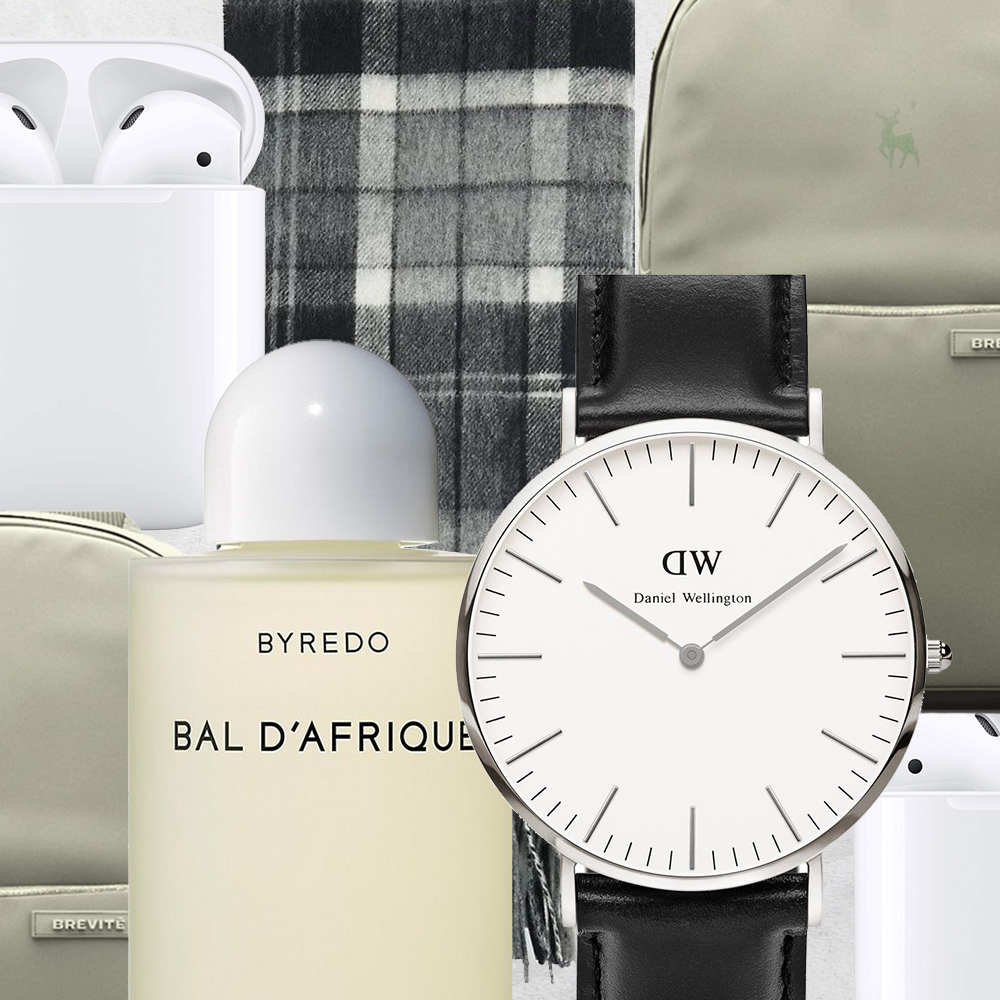 57 Thoughtful Gifts for Your Boyfriend
57 Thoughtful Gifts for Your BoyfriendThat was easy.
By Julia Marzovilla
-
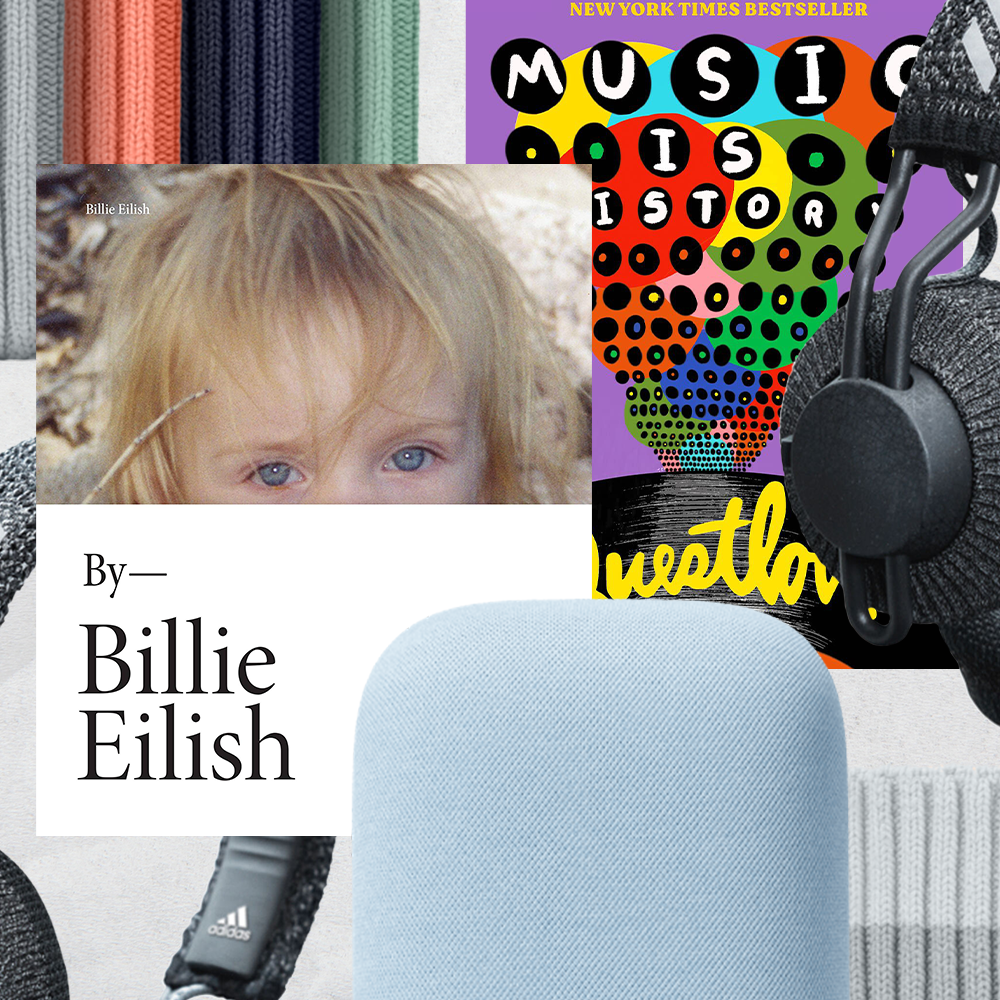 16 Gifts Any Music Lover Will Be Obsessed With
16 Gifts Any Music Lover Will Be Obsessed WithAirPods beanies? Say less.
By Rachel Epstein
-
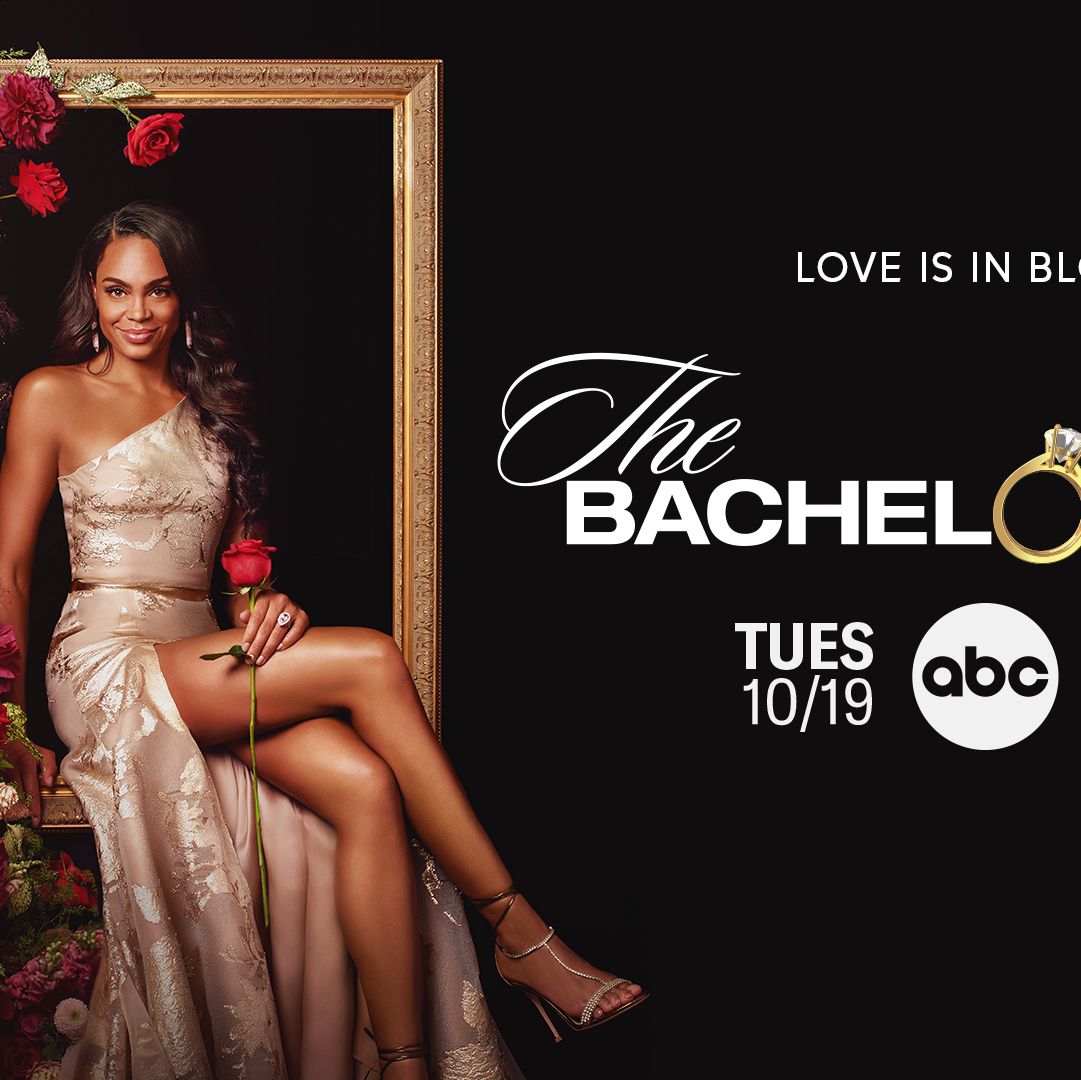 Michelle Young's 'Bachelorette' Season: Everything We Know
Michelle Young's 'Bachelorette' Season: Everything We KnowOne of the contestants is set to be the next Bachelor.
By Marie Claire
-
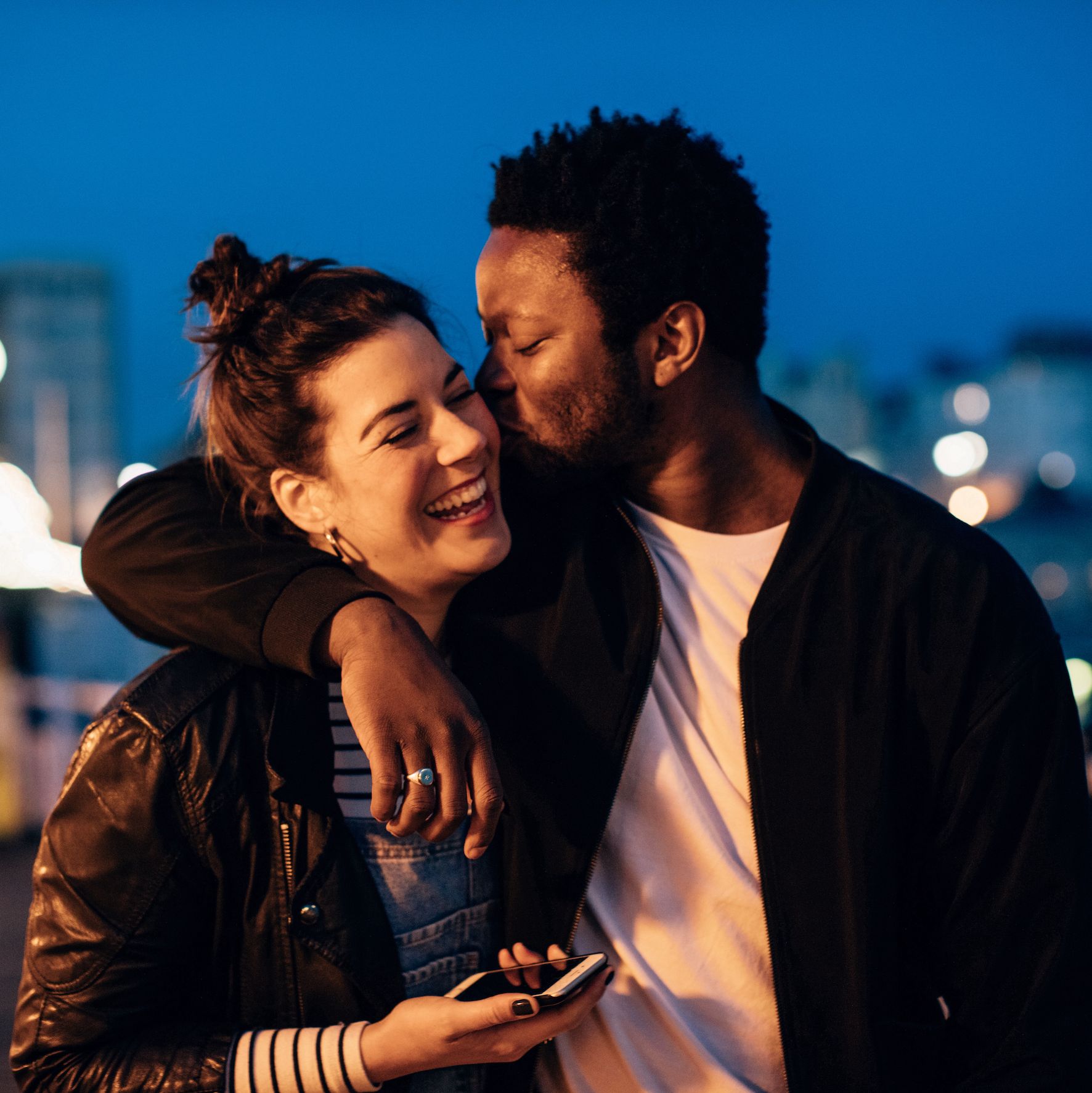 The 17 Best Dating Sites and Apps
The 17 Best Dating Sites and AppsFeatures It's time to meet your match.
By Julia Marzovilla